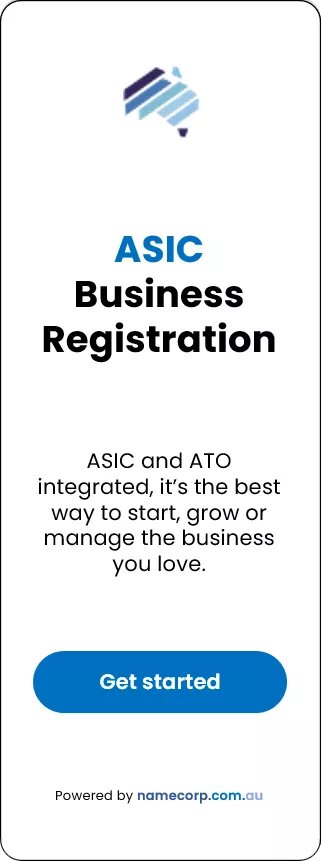The Trademarks Act of 1995 (Cth) in Australia outlines the criteria for Trade Mark registration.
According to this legislation, a Trade Mark can be registered if it effectively distinguishes the goods or services it represents from those of others. A mark is considered capable of distinguishing goods if it inherently sets them apart from competitors' goods.
For a Trade Mark to qualify for registration, it must not cause confusion or deception among consumers, and it should not closely resemble an existing trademark. Trade Marks in Australia can be registered under 45 different categories. However, applying for registration across multiple categories significantly increases associated costs.
Trade Mark registration confers exclusive rights to the owner for its use and enables them to prevent others from using it. Owners can take legal action against competitors who use marks that are substantially identical or deceptively similar to their registered mark. However, different traders can use the same trademark as long as they operate in different classes of goods/services and avoid causing confusion.
Eligibility of Personal Names:
In general, registering a personal name as a Trade Mark is possible, subject to various factors affecting its eligibility, including its commonality and the potential for confusion with existing trademarks.
- Common personal names: Registering common personal names can be challenging due to their widespread use, making it difficult to distinguish them in relation to specific goods or services. Additionally, existing businesses may already have established a reputation with the same name in the relevant class of goods/services. Over time, a common personal name may become registrable if it acquires distinctiveness and does not cause confusion with existing Trade Marks.
- Uncommon personal names are generally easier to Trade Mark because they are more distinctive. Even if a name is already registered, it may still be possible to register it for a different class of goods or services. As a personal name gains reputation, it becomes more effective in distinguishing a business. Notable individuals like Dick Smith have successfully trademarked their names due to their established reputation over a long period of time. Conducting a Trade Mark search can help assess whether a personal name might cause confusion.
Key Benefits of Trade Marks:
- Authenticity: Trade Marks are seen by consumers as symbols of authenticity, making them powerful marketing tools.
- Exclusive Rights: Trade Mark registration provides exclusive rights to use the trade mark and take legal action against infringers.
Infringement of Personal Names:
- Individuals who have trademarked their personal names can pursue legal action against others for infringement. This typically happens when another entity uses the same personal name for similar goods or services. In cases of unintentional infringement, the law may not hold the infringing party liable. However, intentional infringement can result in penalties such as damages, cessation of business activities, or a requirement to change the name. Legal expenses may also be incurred by the infringing party.
The content of this article is intended to provide a general guide to the subject matter. Specialist advice should be sought about your specific circumstances.




